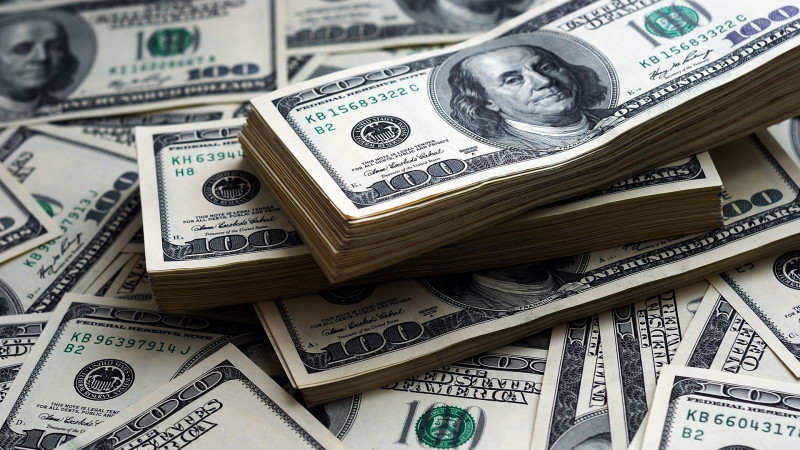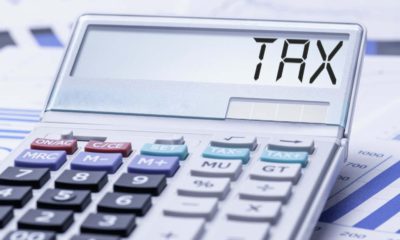Published
6 years agoon

For decades, it’s been an article of political faith – as well as law – that local government taxes designated for particular purposes require two-thirds approval by voters.

The June measure, a tax on commercial rents to finance early childhood education and child care services, received 51 percent voter support. The November proposal, a tax on businesses to finance services and housing for the homeless, garnered 61 percent voter support.
With both votes below two-thirds, opponents of the measures sued, contending that they were invalid. The city began collecting the taxes, but not spending them, while the legal battle raged.
Last week, San Francisco Superior Court Judge Ethan Schulman agreed with Herrera and validated both taxes. However, he doesn’t have the last word. Business and anti-tax groups, such as the Howard Jarvis Taxpayers Association, vowed “an immediate appeal” and the issue is clearly headed to the state Supreme Court for a definitive ruling.
[rlic_related_post_one]
A third San Francisco tax measure, also placed by initiative petition and receiving a simple majority approval from voters in 2018, is also being contested. Proposition G imposes a new “parcel tax” on homes and other real estate to increase teacher pay.
Were the state’s highest court to convert its 2017 implication into declarative law, it would almost completely change the dynamics of local tax battles.
Rather than propose special purpose taxes directly, local officials and their political allies, especially public employee unions, could do it via initiative petition and completely bypass the long-standing supermajority vote requirement.
There is, however, another wrinkle to the situation.
Last year, as the San Francisco tax measures were being challenged, the state Supreme Court issued another decision that could affect the eventual outcome.


Why President Trump’s Attacks on Voting by Mail Could Backfire for California GOP


This Is Not the Time to Propose More Tax Increases


NY Times: Trump Paid $750 in US Income Taxes in 2016, 2017


Don’t Believe Prop. 15 Backers. It’s a Big Tax Hike for Farmers.


Walters: Supreme Court Makes Local Tax Hikes Easier


Walters: Misusing Taxpayer Dollars for Campaigns




